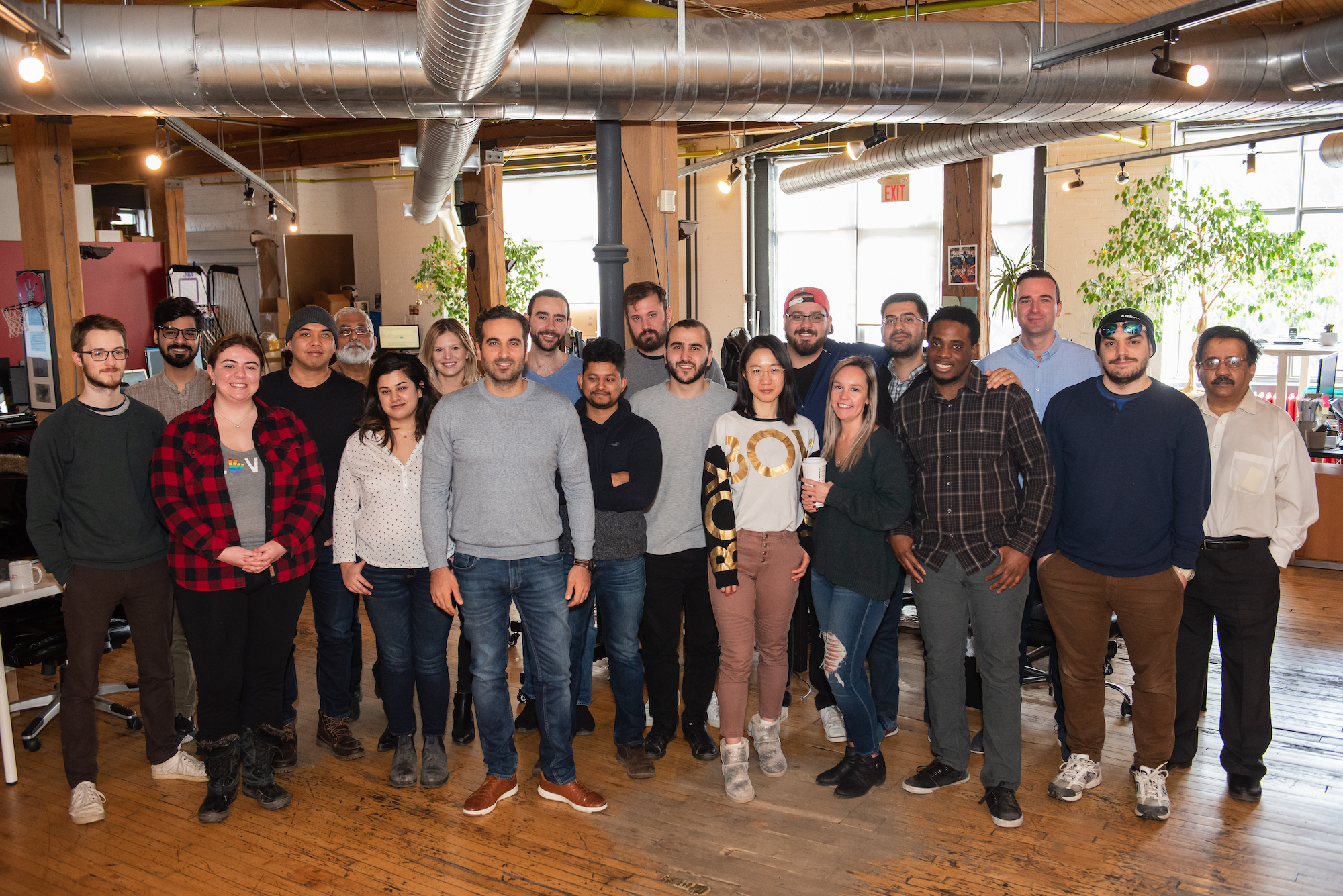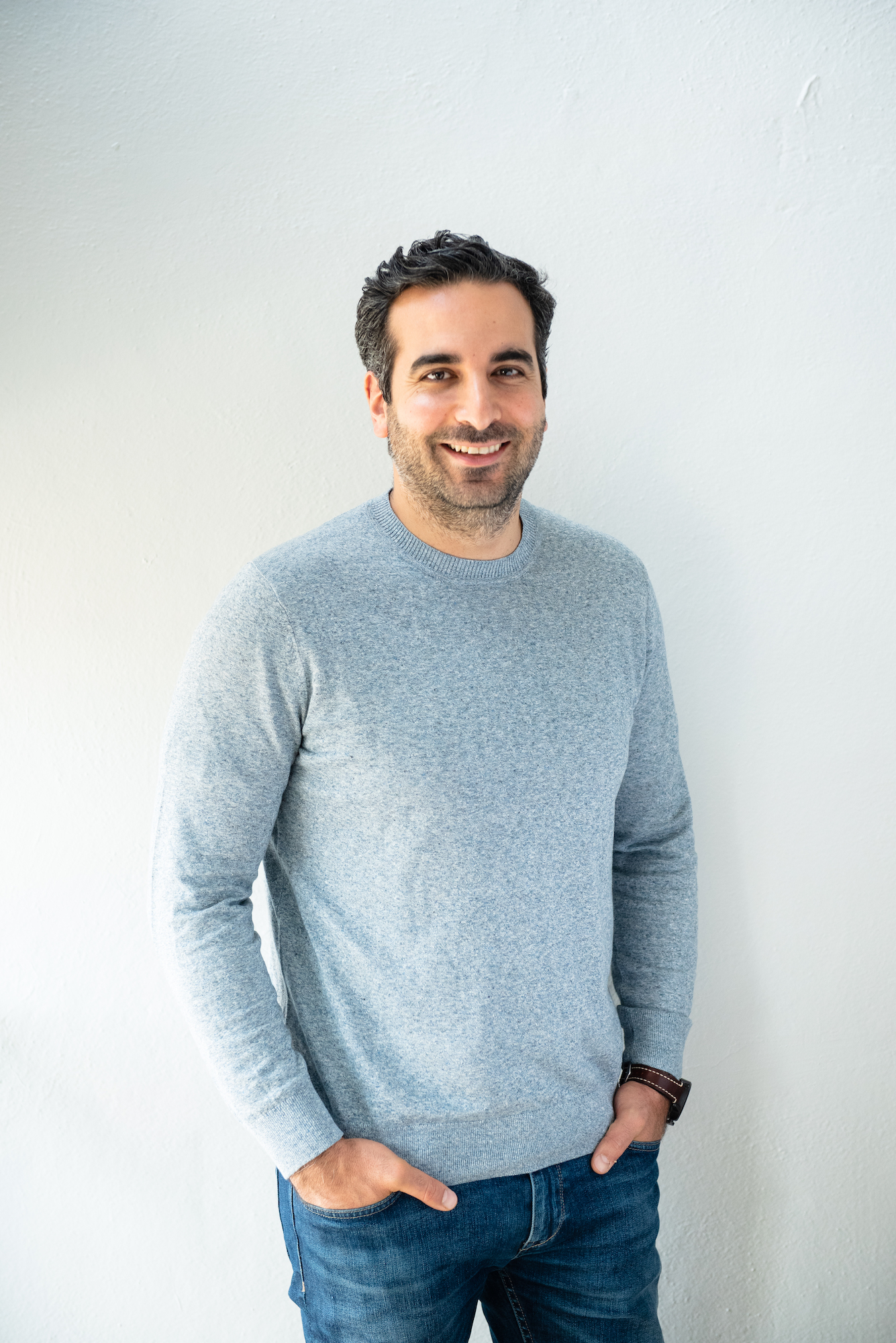These days, the tech startup community can feel a bit like the wild west – full of gunslinging founders, new frontiers to be explored, and rules that are seemingly meant to be broken.
For Ghassan Halazon, success has meant staying focused and applying a strict discipline to his business strategy. His company, EMERGE Commerce Inc., manages a portfolio of four e-commerce brands (Wagjag, Buytopia, Shop.ca, Shop.us) with a combined total of over two million members – an impressive feat given the landscape’s extreme volatility. With over ten years of entrepreneurial experience, Halazon’s learned a few things along the way to building his empire.
The e-commerce landscape is one characterized by instability. How have you been able to stay nimble?
The single biggest reason e-commerce startups run into trouble is due to exorbitant customer acquisition costs. EMERGE replaces typical advertising budgets by acquiring reputable brands with proven customer databases at a fraction of the cost it would take to build them from the ground up. Sustainability is a state of mind. A disciplined mergers and acquisitions-driven customer acquisition strategy is one way we keep costs low, but that logic carries through the rest of the organization. It’s baked into our DNA. If we can’t see how a particular path can make money over a reasonable amount of time, we just refuse to move forward with it.
Where do you think e-commerce brands struggle or go wrong when it comes to managing margins and growth?
Most e-commerce companies prioritize growth for the sake of growth, assuming if they scale large enough, it will be easy to reverse engineer profitability in ‘one day’. This VC-driven mentality to ‘Scale or Die’ has resulted in an enormous amount of e-commerce wreckage over the years. For every Amazon or Wayfair, there are countless casualties that have built their businesses on the back of terrible unit economics, with the assumption that they will be able to raise the next round to fuel further growth. At some point, capital dries up, investors get tired, markets turn, and the startup is left empty handed. Unless you build profitability into your model early on, your startup is at the mercy of outside forces.


How do you think the sensationalism around entrepreneurship can mislead companies in the way they build their business?
There is this notion out there today that the ‘founder life’ is cool, as though being CEO of your own startup means you’ve already made it. Nothing is further from the truth. The problem with this mentality is it gives founders a sense of entitlement and invincibility when they really should be grounded and focused on execution especially so during early stages when there is still a lot to prove. Bare in mind, most startups won’t even be here a year, two years, and certainly three years from now. I’ve been CEO for almost 10 years, so I can say definitively, if you want to be one of the few that prevail, there is no other way than to put your head down and do the work. Eventually your game will do the talking.
What is the lesson that took you the longest to learn as the leader of your company?
Teamwork over talent any day. Just because someone is super talented, it does not make them a good fit. In the past, I’ve found myself justifying why we should hire or retain an employee because of their smarts despite knowing deep down they just didn’t have a team-first mentality and were not able to buy into the culture. It never ends well with these situations.
What is the best advice that you can give to young founders and business owners?
Be patient. Persevere. You will get knocked down many times. Get back up on your feet. Every single day. All ‘overnight’ successes are built over many years of hard work.








